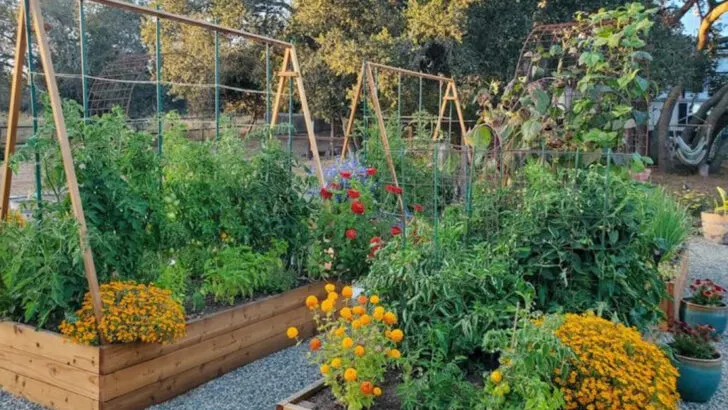Summer is peak gardening season—but it’s also when things can go wrong, fast. Between the scorching sun, sudden storms, and pests that thrive in heat, even experienced gardeners make mistakes that can stress (or kill) their plants. The good news? Most of these issues are totally preventable with a few smart adjustments.
In this article, we’re revealing 18 common summer gardening mistakes that quietly sabotage your garden—and exactly how to fix them. From watering at the wrong time of day to overfeeding with fertilizer, crowding heat-sensitive plants, or forgetting to mulch, these are the habits that can make or break your summer success. And yes, we’ll help you get ahead of them before damage sets in.
Here at Plantisima, we’re all about giving our readers real-world, plant-tested advice. Whether you’re growing flowers, herbs, veggies, or tropicals, these tips will help you avoid summer slip-ups, so your garden doesn’t just survive—it thrives all season long.
Over-Watering Plants
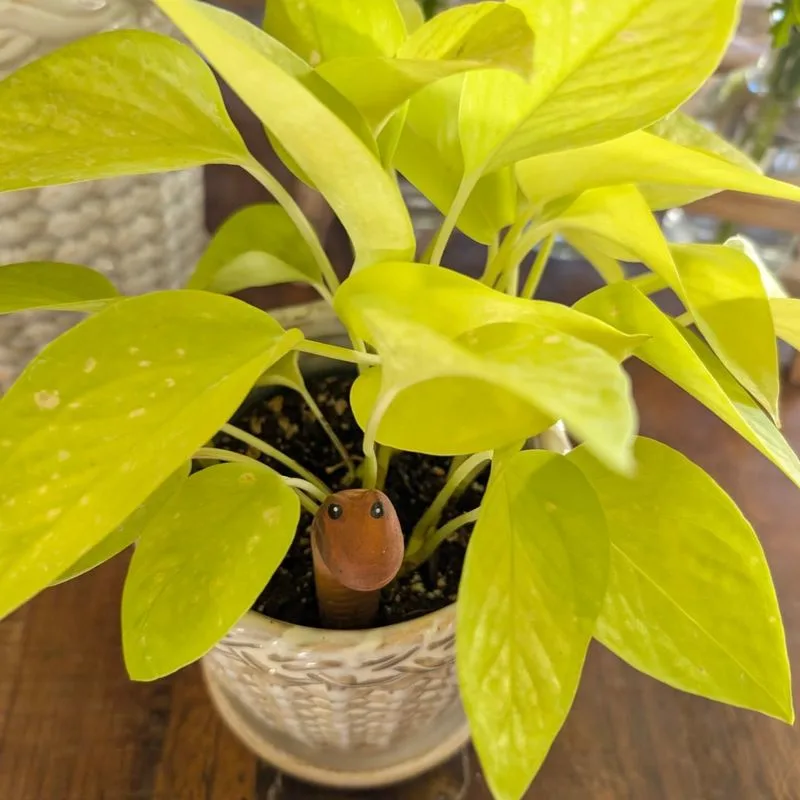
Too much water can be as detrimental as too little. Roots need oxygen, and over-saturating the soil deprives them of this essential element. Assess soil moisture before turning on the hose. Insert a finger into the soil; if it’s damp, hold off on watering.
Aim to water early in the morning to minimize evaporation and fungal diseases. This practice keeps plants hydrated throughout the day. Mistakenly watering at night can promote mold growth. Adjusting watering habits ensures plants get the right balance of moisture and air.
Ignoring Soil Quality
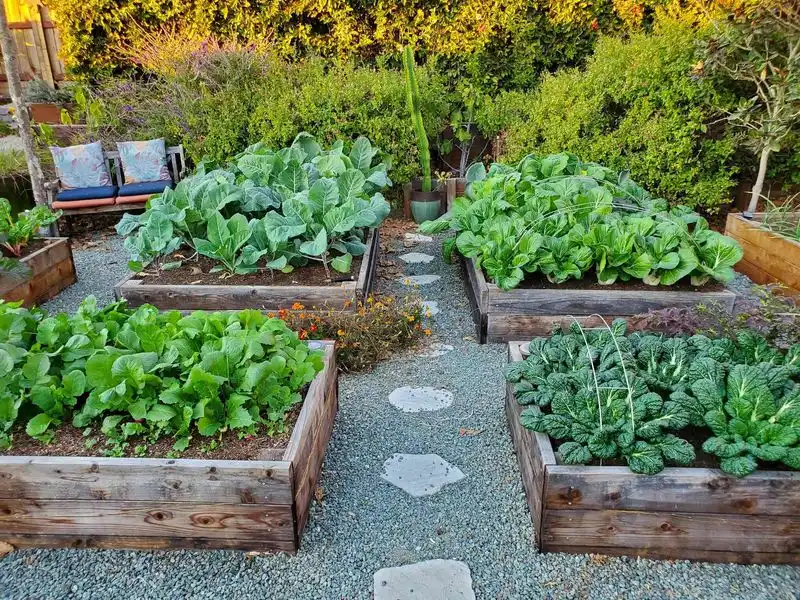
Neglecting soil quality is a frequent misstep. Healthy plants start with healthy soil, which provides essential nutrients. Conduct a soil test to understand its composition and nutrient levels.
Amending soil with organic matter like compost can improve its structure and fertility. Different plants have varying soil preferences; cater to these needs for optimal growth. A well-maintained soil boosts plant resilience against pests and diseases.
Planting at the Wrong Time
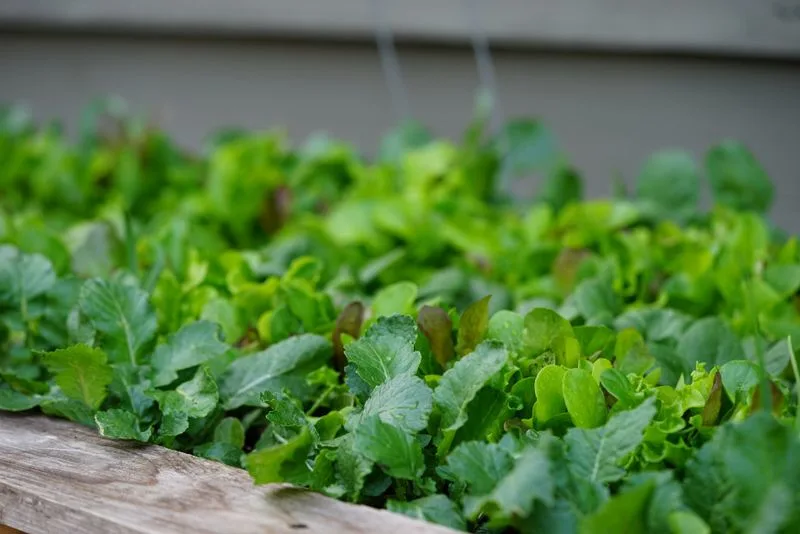
Timing can make or break your garden. Planting too early or late in the season affects plant survival and productivity. Consult a planting calendar specific to your region’s climate to avoid this mistake.
Seeds and seedlings are sensitive to temperature fluctuations, making timing crucial. By aligning planting schedules with climate conditions, you enhance growth potential. Proper timing fosters robust plants ready to face seasonal challenges.
Crowding Plants Together
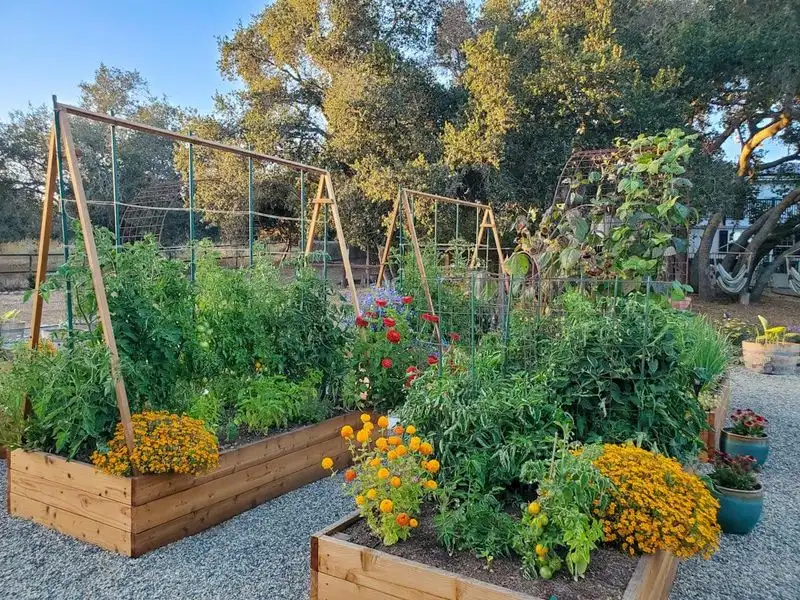
Space constraints can lead to unexpected issues. Plants require room to grow, receive sunlight, and access nutrients. Overcrowding results in competition and increased susceptibility to diseases.
Plan your garden layout with spacing recommendations in mind. This practice enhances airflow, reducing disease risk. Allowing room for growth encourages healthy, thriving plants that can reach their full potential.
Neglecting Pest Control
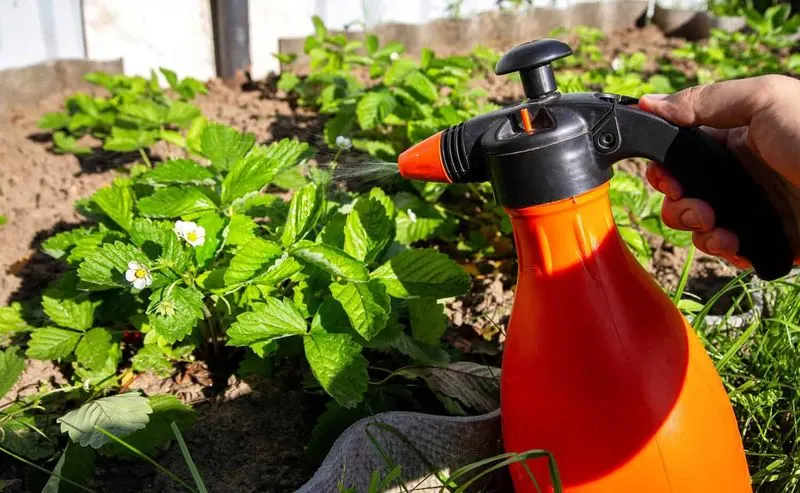
Pests can sneak up unexpectedly, wreaking havoc on your garden. Regular inspections help identify infestations early. Look for signs like holes in leaves or discolored foliage.
Introduce beneficial insects like ladybugs or use organic pest control methods to manage pests naturally. Ignoring pest control can lead to significant damage. Consistent monitoring and intervention keep your garden healthy and vibrant.
Using Too Much Fertilizer
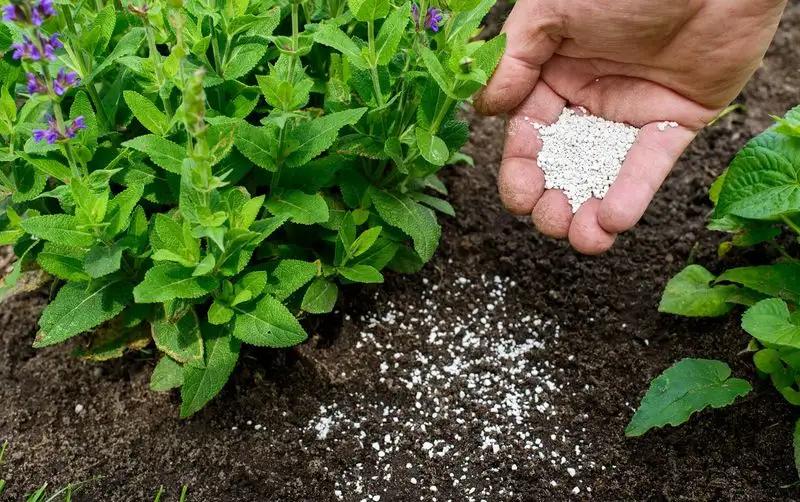
A heavy hand with fertilizer isn’t always beneficial. Excessive use can harm plants, leading to nutrient burn or stunted growth. Follow recommended application rates for each plant type.
Organic fertilizers offer a balanced nutrient release, reducing the risk of over-fertilization. Regularly test soil nutrient levels to avoid unnecessary applications. Proper fertilization practices support sustainable plant health and yield.
Ignoring Mulching Benefits
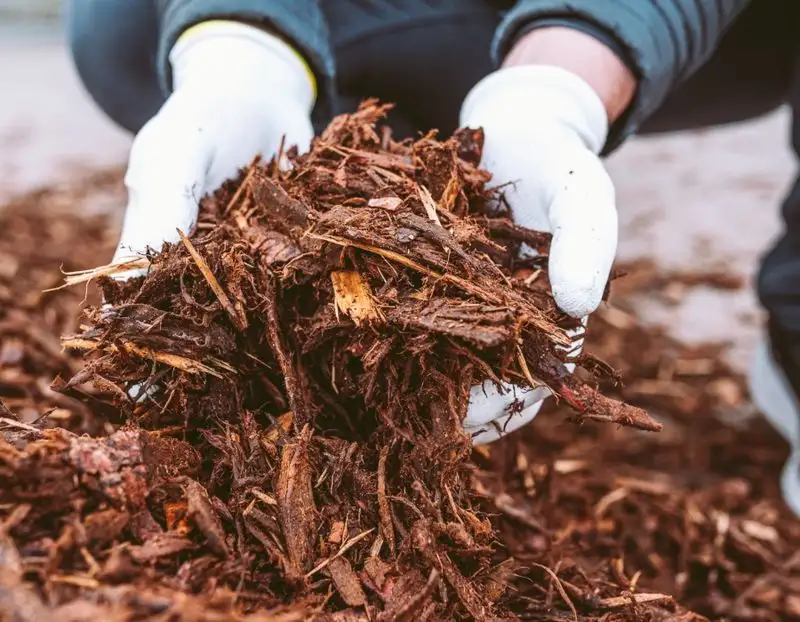
Mulching is a simple yet powerful tool often overlooked. It conserves moisture, suppresses weeds, and regulates soil temperature. Spread a layer of organic material like straw or wood chips around plants.
Mulch acts as an insulating barrier, protecting roots from temperature extremes. By retaining moisture, it reduces the need for frequent watering. Incorporating mulch into your garden routine can significantly enhance plant vitality.
Not Rotating Crops
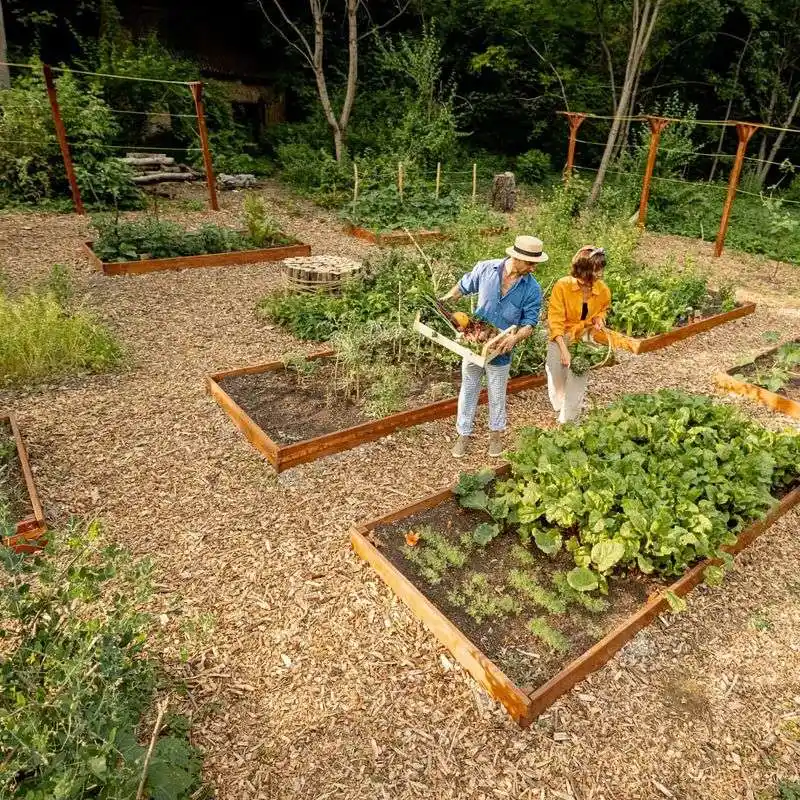
Crop rotation is crucial for preventing soil depletion and pest buildup. Growing the same plants in the same location depletes specific nutrients and encourages pest infestations.
Rotate crops annually, focusing on plant families to maintain soil health. This practice interrupts pest life cycles and enhances soil fertility. A thoughtful approach to crop rotation promotes a balanced, productive garden.
Planting Non-Native Species
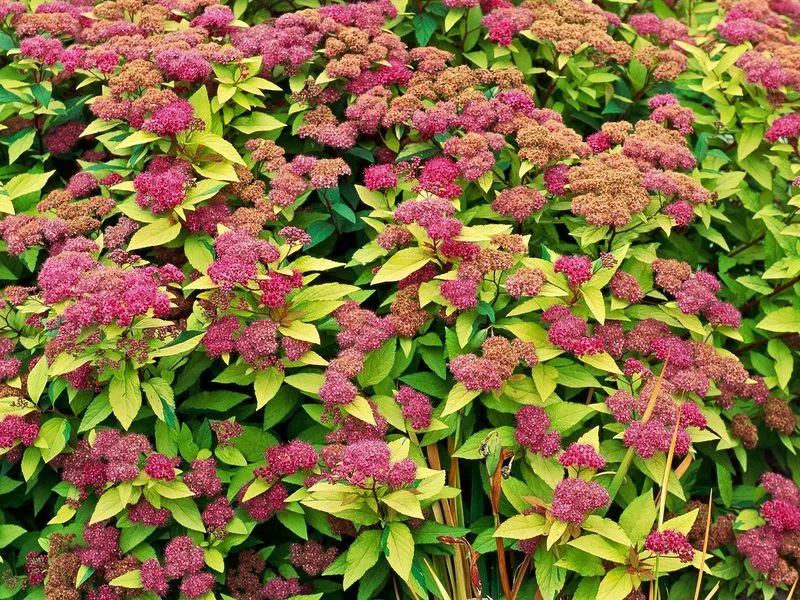
Non-native species can struggle to adapt to local conditions, demanding more resources and care. Opt for native plants that are well-suited to your region’s climate and soil.
Native plants typically require less water and are more resistant to local pests and diseases. They support local biodiversity and create a harmonious garden ecosystem. Choosing native species ensures a resilient and sustainable garden.
Skipping Pruning Tasks
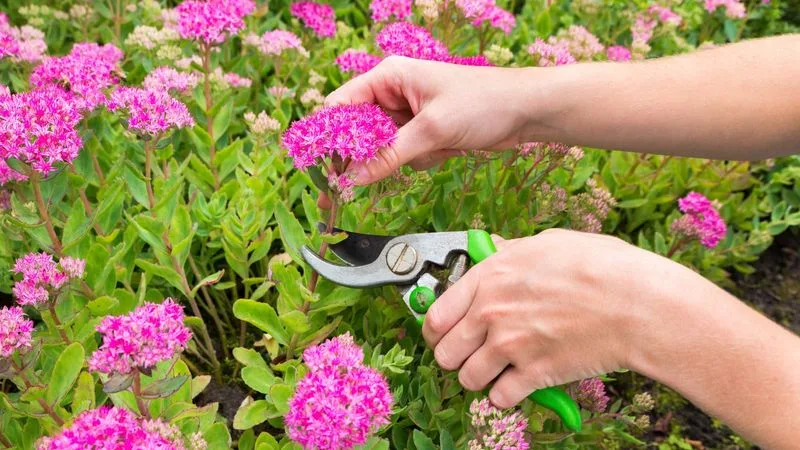
Pruning is essential for plant health, yet it’s easy to overlook. Regular pruning removes dead or diseased branches, encouraging new growth. This task improves air circulation and light penetration.
Use sharp, clean tools to make precise cuts, preventing damage to plants. Each species has specific pruning needs; understanding these ensures optimal results. Thoughtful pruning shapes plant structure and enhances flowering or fruiting potential.
Neglecting Tool Maintenance
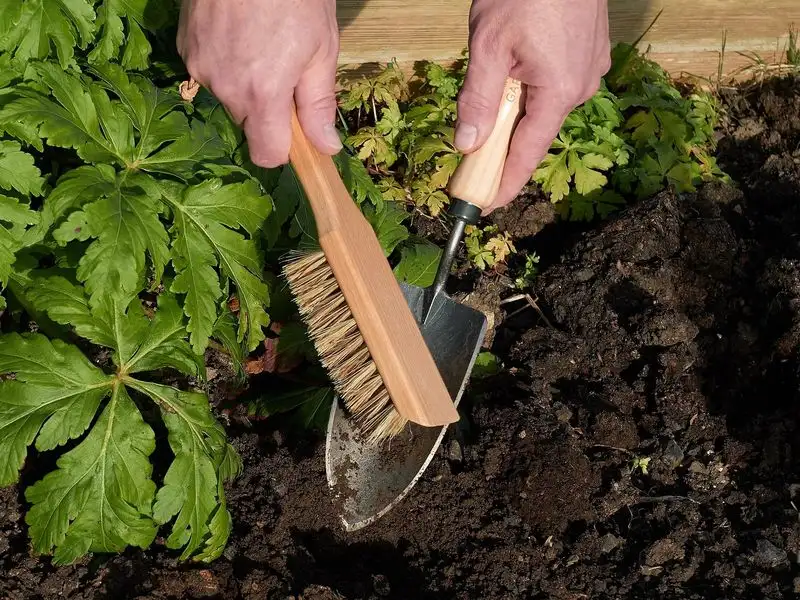
Well-maintained tools make gardening tasks easier and more efficient. Dull or rusty tools can damage plants and slow down work. Regular cleaning, sharpening, and oiling extend tool lifespan.
Store tools in a dry place to prevent rust. Invest time in upkeep to save effort in the long run. Properly maintained tools enhance your gardening experience and results.
Forgetting to Deadhead Flowers
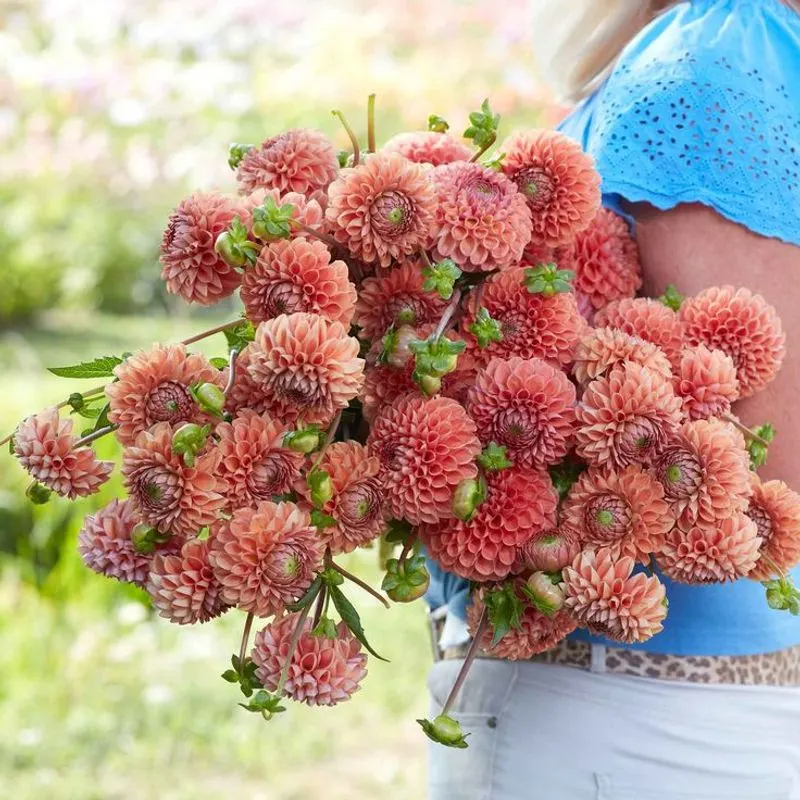
Deadheading, or removing spent flowers, encourages plants to produce more blooms. This simple task is often forgotten, leading to reduced flowering. Regularly inspect flowering plants and remove wilted blooms with care.
Deadheading redirects plant energy from seed production to growth and blooming. It maintains plant aesthetics and prolongs the flowering season. Consistent deadheading results in a vibrant, colorful garden display.
Ignoring Weather Conditions
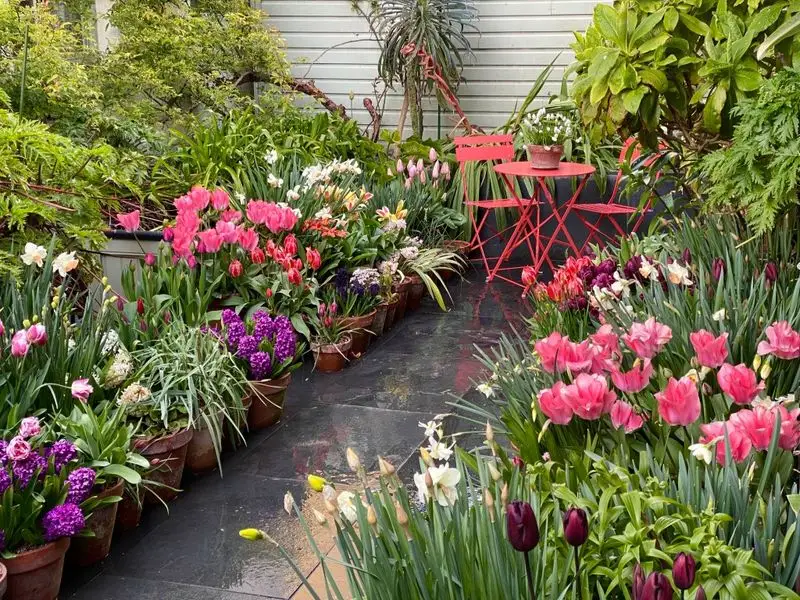
Weather can be unpredictable, impacting garden health. Monitor forecasts and plan accordingly to protect plants from extreme conditions. Install windbreaks or provide shade for heat-sensitive species.
Adapt watering schedules based on rainfall and temperature changes. Proactive measures safeguard your garden against weather-related stress. Being mindful of weather conditions prepares your garden to withstand seasonal surprises.
Overlooking Pollination Needs

Pollination is vital for fruiting plants, yet it’s often neglected. Attract pollinators by planting a variety of flowers and avoiding pesticides. Bees, butterflies, and other insects are natural pollinators essential for a productive garden.
Create a pollinator-friendly environment to boost fruit and vegetable yield. Pollinator gardens contribute to ecosystem health and biodiversity. Encouraging pollination ensures abundant harvests and thriving plants.
Improper Plant Selection
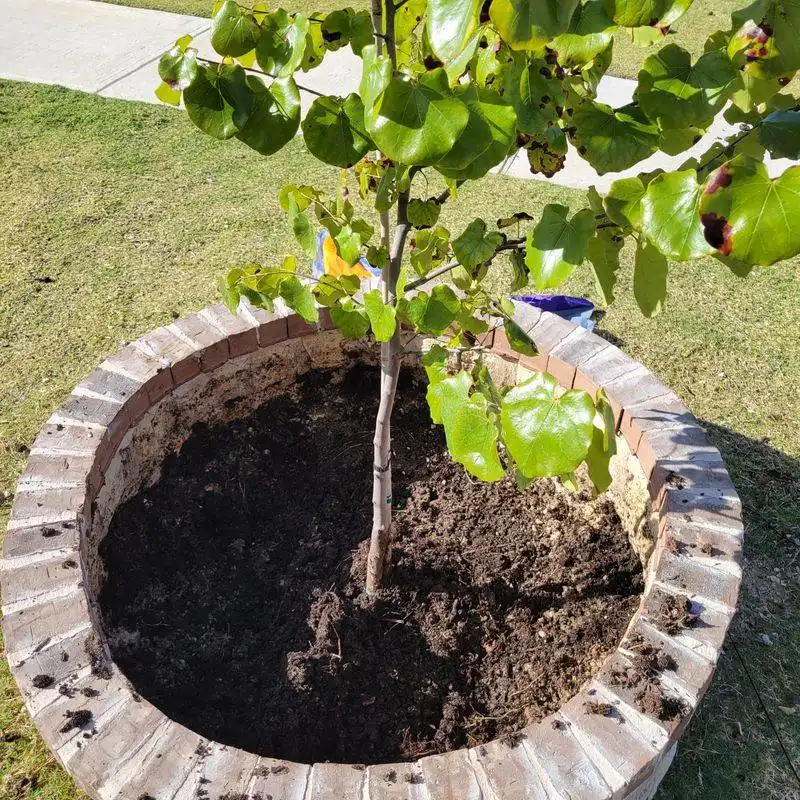
Choosing the right plant for the right place is crucial. Mismatched selections can lead to competition for resources and poor growth. Consider factors like light, soil, and climate when selecting plants.
Research plant compatibility and group similar needs together. Proper selection minimizes maintenance and enhances garden aesthetics. A well-planned garden with compatible plants thrives effortlessly.
Failing to Label Plants
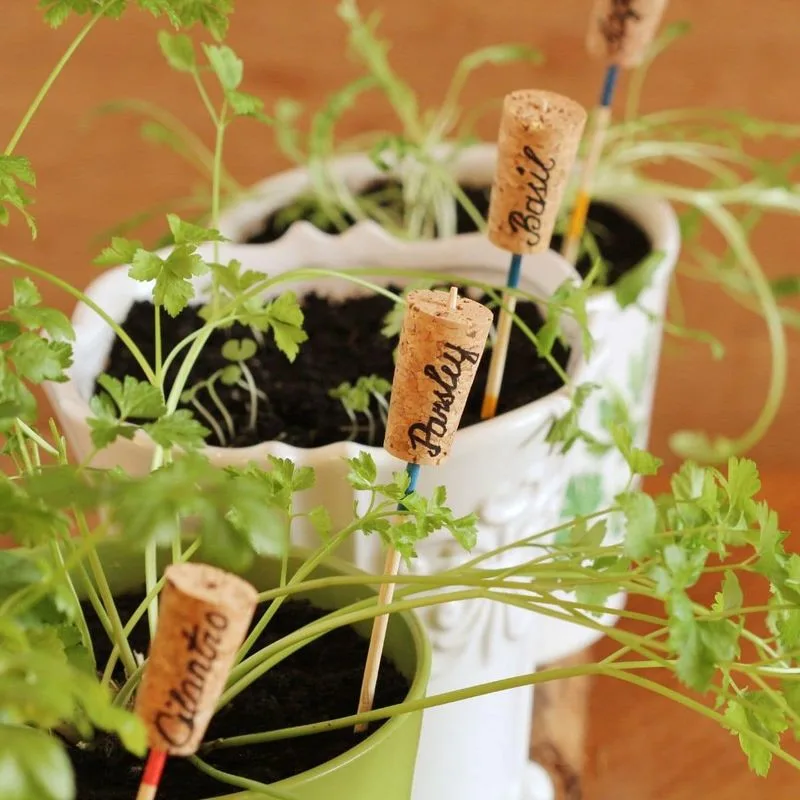
Labeling provides clarity and organization, especially in diverse gardens. Forgetting to label leads to confusion and mistakes in care. Use weather-resistant labels or markers to identify plants and varieties.
Accurate labeling helps track plant progress and seasonal changes. It simplifies maintenance tasks and ensures proper care. A well-labeled garden is efficient and easier to manage.

